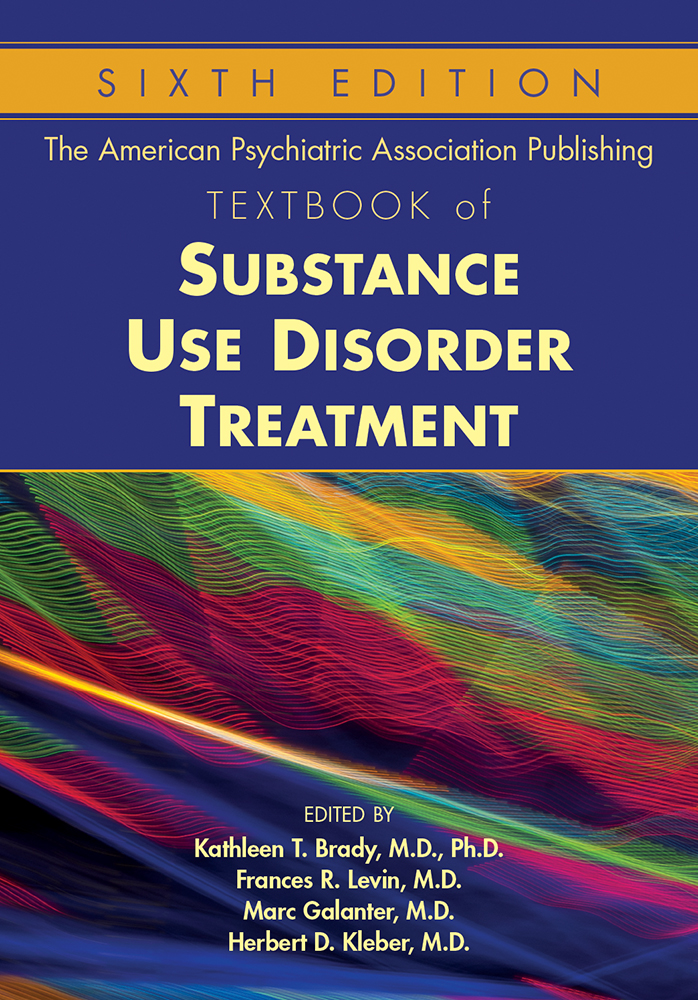Chapter 3.Epidemiology of Addiction
Sections
Excerpt
Addiction is a common mental health disorder with multiple complex features that has resisted simple definition and treatment. It is a ubiquitous subject in film, television, literature, and art. Nearly every person has been touched by addiction, and many have formed strong opinions on the disorder based on personal or family experiences, political beliefs, or moral philosophies. For all of these reasons, determining the epidemiology of addiction—the science of identifying how addiction is distributed in the population (Robins 1978)—is important and complicated. In this chapter, we present the historical framework of the epidemiology of addiction, where the field stands today, and thoughts on where the field is going and how it will get there.
Access content
To read the fulltext, please use one of the options below to sign in or purchase access.- Personal login
- Institutional Login
- Sign in via OpenAthens
- Register for access
-
Please login/register if you wish to pair your device and check access availability.
Not a subscriber?
PsychiatryOnline subscription options offer access to the DSM-5 library, books, journals, CME, and patient resources. This all-in-one virtual library provides psychiatrists and mental health professionals with key resources for diagnosis, treatment, research, and professional development.
Need more help? PsychiatryOnline Customer Service may be reached by emailing [email protected] or by calling 800-368-5777 (in the U.S.) or 703-907-7322 (outside the U.S.).



